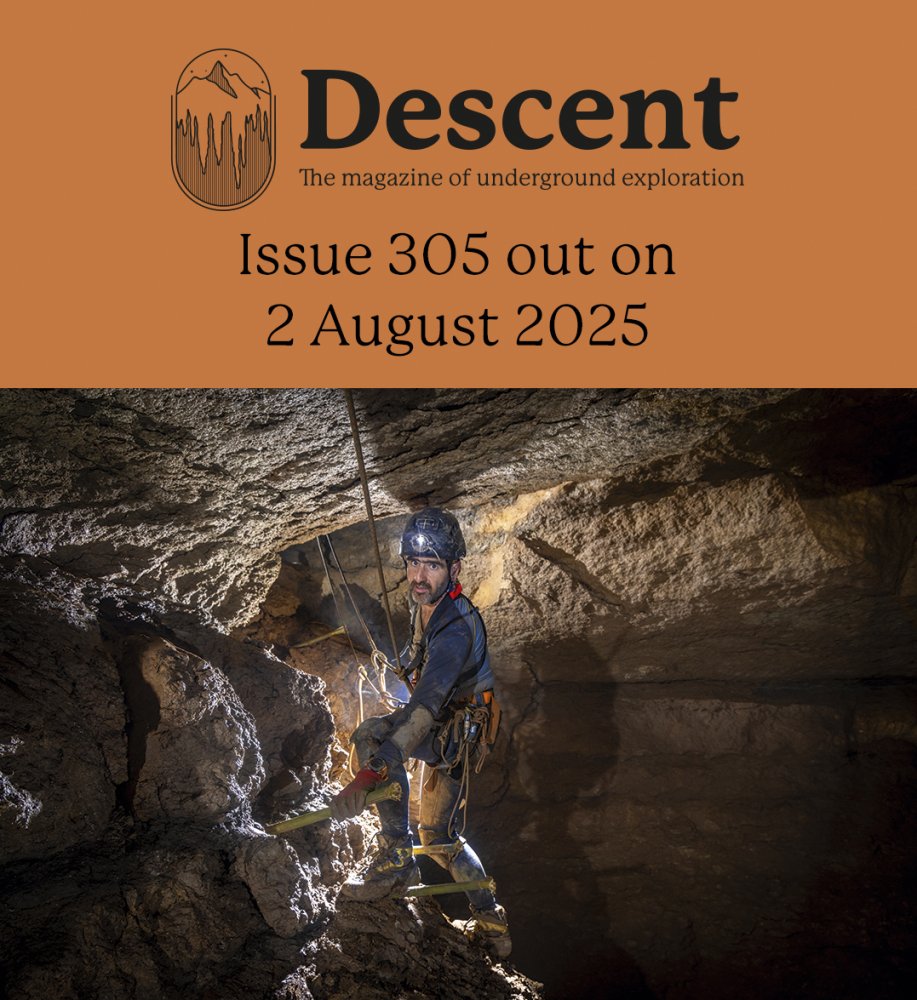Hi,
Does anyone have any experience of the following insurance?

 www.truetraveller.com
www.truetraveller.com
or
CoverForYou
Asking for multiple purposes. We have a trip to the Vercor this summer, activities range from and considerations include:
Bottoming the Berger
Family caving trips
Via Ferrata
Mountain biking
General holiday insurance
Long trips 40 days +
Large families requiring insurance
Obviously Snowcard has come up as has the BCA insurance but we specifically want to know if anyone has experience with either (or both) companies listed above.
Thanks
Does anyone have any experience of the following insurance?

True Traveller Insurance for Backpackers and Adventure Travellers
Adventure Travel Insurance to cover single trip, annual multi trip and low cost backpacker cover designed for adventure travellers by The True Traveller.
or
CoverForYou
Asking for multiple purposes. We have a trip to the Vercor this summer, activities range from and considerations include:
Bottoming the Berger
Family caving trips
Via Ferrata
Mountain biking
General holiday insurance
Long trips 40 days +
Large families requiring insurance
Obviously Snowcard has come up as has the BCA insurance but we specifically want to know if anyone has experience with either (or both) companies listed above.
Thanks



